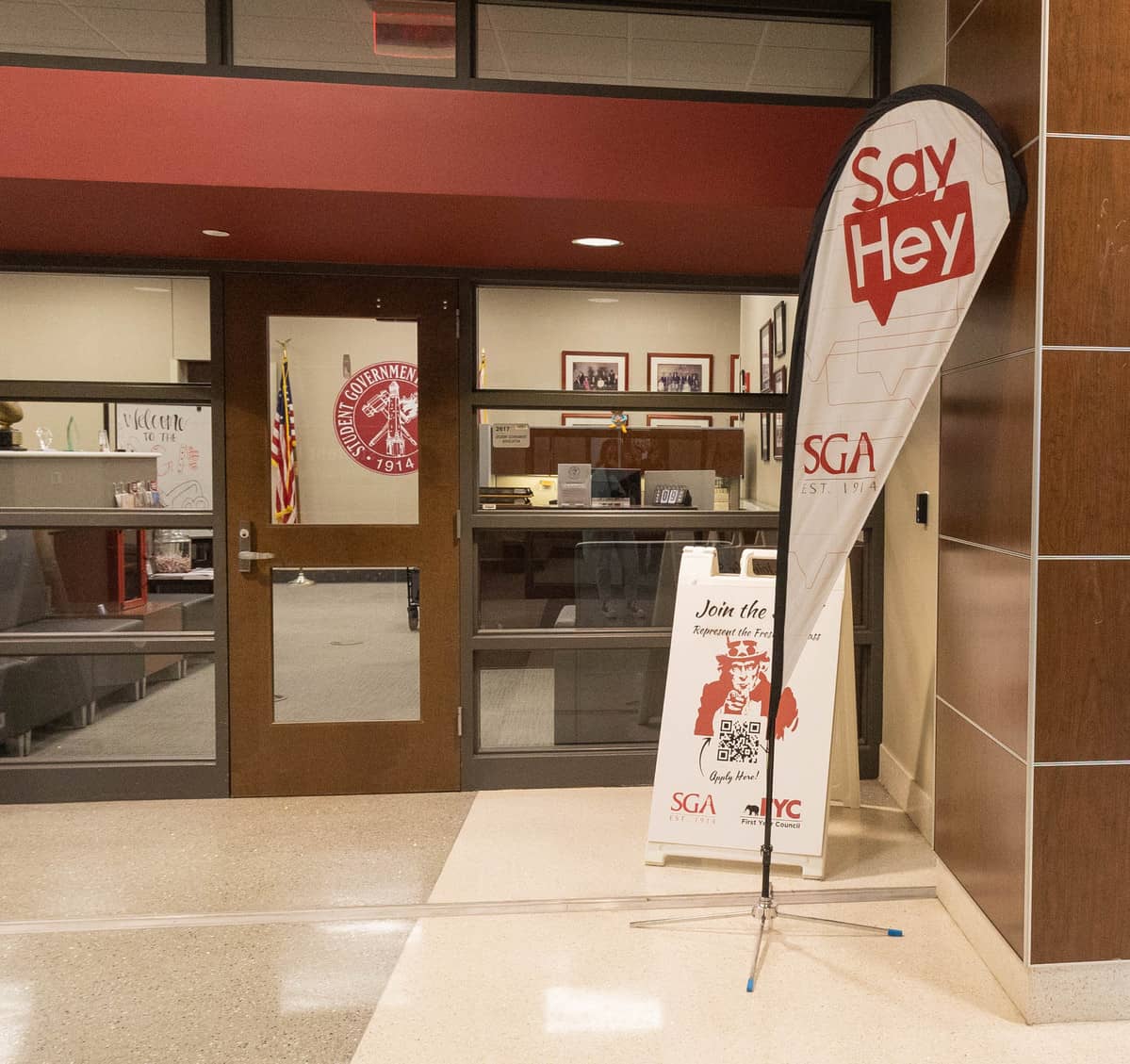When asked whether it was important for black students to be admitted into traditionally white sororities, UA President Robert Witt said Wednesday that greek organizations should be free to determine who they do or do not accept into their numbers.
“Approximately 25 percent of our student body participates in the greek system at UA,” Witt said in an e-mailed statement. “[This] includes traditionally African-American, traditionally white and multicultural sororities and fraternities. As independent social organizations, it is appropriate that all our sororities and fraternities – traditionally African-American, traditionally white and multicultural – determine their membership.
“The University offers a wide range of options for students to become involved on campus. I encourage all students to take advantage of the many academic, social and volunteer opportunities available at the University during their time on campus.”
Witt offered this response to five questions fielded to him regarding his comments on integration in 2003, the importance of a desegregated greek society, the administration’s role in racial integration in fraternities and sororities and more.
Eight years ago, with the lack of racial integration in the University’s greek system making headlines farther and farther away from campus, President Witt was a supporter of the desegregation of the campus fraternities and sororities. In August 2003, Witt reversed a policy that former UA President Andrew Sorensen implemented that held the events of rush week until after classes started.
“Sorensen changed the policy to promote diversity,” Witt said in a 2003 interview with The Crimson White. “After talking with [Panhellenic President] Heather Schacht and [SGA President] Katie Boyd, I was convinced that the sororities were making a good-faith effort at diversity.”
Witt said he was optimistic about diversity in the greek system but cautioned everyone involved. He said they needed to have realistic expectations about black students joining sororities, saying greek integration would be difficult for two main reasons.
“Number one, we’re not dealing with a large pool [of black women],” Witt said. “Number two, the first African-Americans who are accepted are going to be subjected to a lot of media pressure.”
In spite of these obstacles, President Witt said he was optimistic that a multicultural student would be accepted into a traditionally white sorority or fraternity that year.
He was right. In 2003, Carla Ferguson, a black student, was offered membership in the Gamma Phi Beta sorority.
With Ferguson’s admittance, attention on the matter flared and then died down. It seemed as if Gamma Phi Beta had made the first step toward integration.
However, segregation has remained a staple for many of the University’s sororities since that time. Last month, eight years after Ferguson seemed to have opened the door for racial integration in the University’s greek society, a handful of black girls, such as freshman Sherles Durham, rushed Alabama’s traditionally white sororities in the largest rush in the nation. They all were dropped from recruitment by every sorority.
‘A taint on the University’s image’
In April 2011, Faculty Senate President Clark Midkiff said the issue of segregation of traditionally white fraternities and sororities did not die in 2003 and is still a major problem and a taint on the University’s image.
“I don’t think the greek system is inherently racist,” Midkiff said, “but it does not look good that most fraternities and sororities have no African-American members.
“It would be great if our greek system was integrated,” he added. “It’s something that can be used by people who dislike the University as a means of painting a bad picture.”
He explained that other universities, when they were seeking to recruit a minority student of particular interest and talent, could easily point to Alabama’s lack of racial integration, particularly in its greek system, and scare away potential students from an environment that seems unwelcoming.
“The situation needs to improve,” Midkiff said. “I don’t think most of these people are any more racist than your average Alabama student, but they certainly are not political activists, by any means, against racism.
“There probably have been one or two people that have said things like ‘the University owns the land that those fraternity and sorority houses are built upon. We should kick them off campus if they don’t become integrated,’” Midkiff said. “But that was not ever the majority opinion of the Faculty Senate.”
“I don’t think it’s productive to demand anything from them,” he said. “I think the administration would prefer that this issue not be exaggerated, and I appreciate that because this can be used to embarrass us, but I do think the administration and Student Affairs need to do something, somehow, to encourage greeks to be more friendly to having African-American members.”
Midkiff mentioned the delay of rush week until classes start, the policy that President Sorenson implemented and President Witt reversed in 2003.
“What they did, for example, at Ole Miss, is they did away with the rush before school starts,” Midkiff said. “Because rush before school starts makes girls loyal first to their sorority, and then later, as they become students, to the University itself, and it should be flip-flopped.
“The Ole Miss system, with its rebel flag and its rebel mascot, is obviously one of the old Southern schools,” Midkiff said. “And they are, I think, considerably more integrated that we are.
“My personal belief on this matter is that it never works when you force people to do things against their wishes,” Midkiff said. “What you have to do is change their wishes. Somehow — and I don’t know how — but somehow, the University and everybody else that’s interested needs to point out to these fraternities and sororities that it would be good if they were more open to all members of the campus community.
“Somehow, we need to all be friends,” Midkiff said. “And maybe, sometimes, more than friends — brothers.”
Will Tucker and Patty Vaughan contributed to this report.






